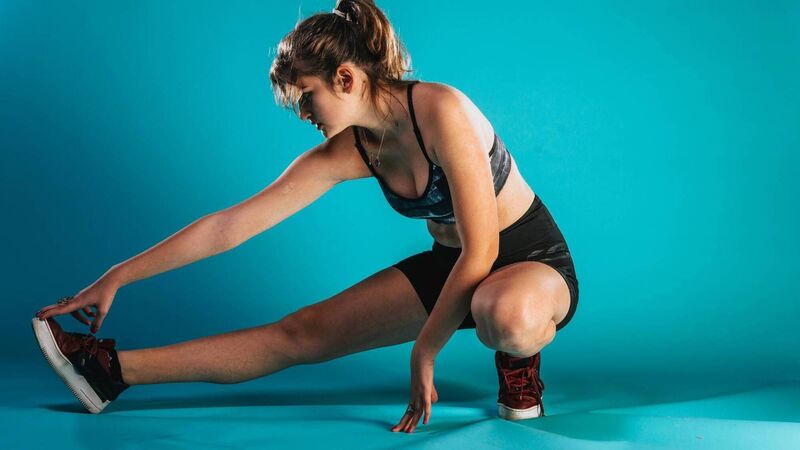What can my teen do about cramps after gym workout?

Dr Phil Kieran: "We know that cramps can run in families and are more common after repetitive exercises, particularly in muscle groups that have been pushed to the point of exhaustion." Picture: iStock.











